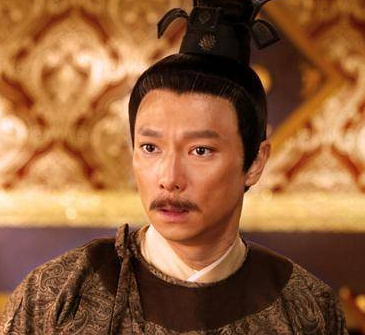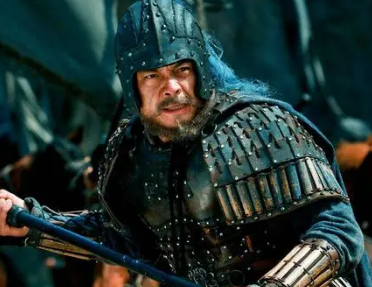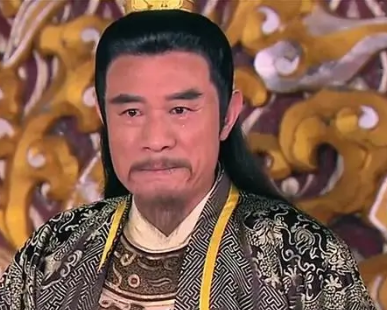In the long history of ancient China, there were numerous changes of dynasties, with emperors and ministers competing for power. Among them, the name Xiao Daocheng may not be as well-known as Emperor Wu of the Han Dynasty or Emperor Taizong of the Tang Dynasty, but his rise to power was also filled with intrigue and bloodshed. Xiao Daocheng was an emperor at the end of the Song Dynasty of the Southern Dynasties. His path to usurping the throne was a profound revelation of the desire for power and the dark side of human nature.

Xiao Daocheng was born into an official family of the Song Dynasty of the Southern Dynasties. His upbringing laid the groundwork for his future political ambitions. In the tumultuous period of the Northern and Southern Dynasties, Xiao Daocheng gradually emerged in the military and political circles due to his family's influence and personal talents. However, his ambitions were not limited to becoming an ordinary general or official. His sights were already set on the supreme throne.
Xiao Daocheng's path to usurping the throne can be described as a carefully planned power game. He made allies within the court and consolidated his power through marriage alliances. Politically, he cleverly exploited the conflicts and struggles within the court to gradually weaken the royal family's power. Militarily, he enhanced his prestige and the loyalty of his army by suppressing rebellions and foreign enemies. Xiao Daocheng was also skilled at manipulating public opinion, spreading rumors and creating incidents to damage the image of the royal family while elevating his own.
After a series of political struggles and military actions, Xiao Daocheng successfully weakened the authority of the royal family, making himself the actual powerholder in the court. In this process, he resorted to assassinations, framed rivals, and other means to consolidate his power. Finally, in 479 AD, Xiao Daocheng forced the then emperor Liu Yu to abdicate, proclaimed himself emperor, changed the country's name to "Qi," and was known as the Southern Qi Dynasty, thus completing his usurpation.
Xiao Daocheng's successful usurpation was not only the realization of his personal ambition but also a product of the political chaos and weakening of imperial power in that era. His ascension marked the end of the Song Dynasty of the Southern Dynasties and the beginning of the Qi Dynasty, reflecting the unique political phenomenon of the Northern and Southern Dynasties period - military warlordism and the concentration of power in powerful ministers.
However, Xiao Daocheng's usurpation was not smooth sailing. After establishing the Southern Qi Dynasty, he still faced challenges and rebellions from various quarters. Although his rule brought brief stability, it did not fundamentally resolve the division and internal conflicts of the Northern and Southern Dynasties period. Xiao Daocheng's path to usurping the throne, while full of intrigue and wisdom, also exposed the cruelty and ruthlessness of power struggles.
In conclusion, Xiao Daocheng's successful usurpation was the result of the combined efforts of his personal wisdom and the backdrop of the times. His life was both a pursuit of power and a profound embodiment of the complexity of human nature. His path to usurping the throne not only changed his own fate but also influenced the historical process of the entire Northern and Southern Dynasties.
Disclaimer: The above content is sourced from the internet and the copyright belongs to the original author. If there is any infringement of your original copyright, please inform us and we will delete the relevant content as soon as possible.































